Early in 1923, an architect, Le Corbusier described a house as “a machine for living in” and slowly in the 20th century, the proposition has turned into a reality. In the 21st century, the dream to build an automated Smart Home has been turned into a reality. The credit goes to the Internet. It is now easy to set up a virtual electronic appliance in your house so that you can easily control it through a Web Browser on your mobile being within the house as well as when you are away from the house.

A smart home is a premise where all the electronic and electronic appliances are wired to a central computer control system so that it becomes easier to operate at certain times or during certain events. Many homes are already built with a certain amount of smartness as the appliances installed in these houses already contain built-in sensors or electronic controllers. A home is smart because of its smart appliances and their smart monitoring.
Why People Hate Buying A Smart House?
It’s right that charity begins at home. If you want to keep a healthy pace with the technological advancements happening around, you need a smart home. According to a Senior Editor, “Graham Winfrey” (Published in Inc. – Innovate-Why ‘Smart’ Homes Are Creeping Out Consumer), a survey of 28,000 people in 28 countries released by consulting firm Accenture found that just 9 percent of respondents planned to buy connected devices in 2016, which was roughly the same percentage as it was detected in a 2014-survey. This shows that there was no increase in number of people buying smart gadgets for home. However due to various reasons, the concept of a Smart Home technology is still not yet smart enough or has not become popular all across the globe. Here we have described some of the anticipated reasons for which people hate buying a smart house.
01. Privacy Concerns in Smart Devices
It is easier to gauge the benefits of a smart home from a world where we can connect, monitor, and analyze things intelligently. However, we do not want our homes to be packed with sensors and keeping tabs on us all the time. The most obvious reason of resistance is the Privacy concern with a fear that smart and intuitive devices may encroach into our personal space. As we always reveal ourselves to big tech companies by our buying habits or social media footprint, there is always something instinctively felt that makes us feel more intrusive about being watched or having our movements being sensed or recorded. This has a direct impact on our behavior resulting into a inhibition for smart technology.
02. Contract Transparency
Even if one overrides the immediate privacy concerns, many users are still put-off by the quality to lack transparency of how their data is used and with whom it is shared. Safeguarding data is preconceived as protecting social integrity and individual safety. Companies who purchase third party data should be transparent about their sourcing. Contract transparency of truly informed consent can explain consumers to make them comprehend about the concept of data sharing. Generally, this is not clearly and responsibly communicated.
03. Working with Smart Devices
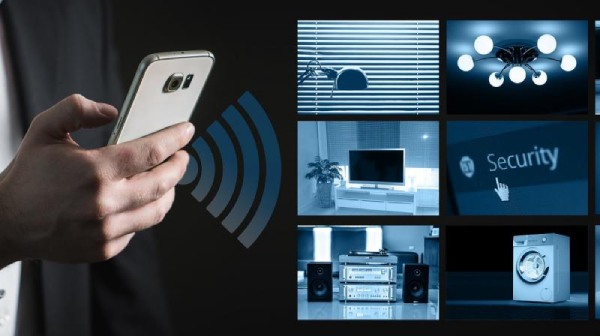
As many of the technology already have started functioning and are somehow well accepted in consumer market, many apprehend that building a smart home is a simple task, but putting everything together can prove to be a real-life complex plan, as the whole concept has been hyped as a massive commercial opportunity. With so many options of gadgets to buy for your smart home, the first issue one will face is to purchase thermostats, security cameras, and sensors. Although everyone expects to open a single app to manage or control all your smart gadgets at once, sometimes you have to change your idea of accessibility.
04. Irregular Network Connection
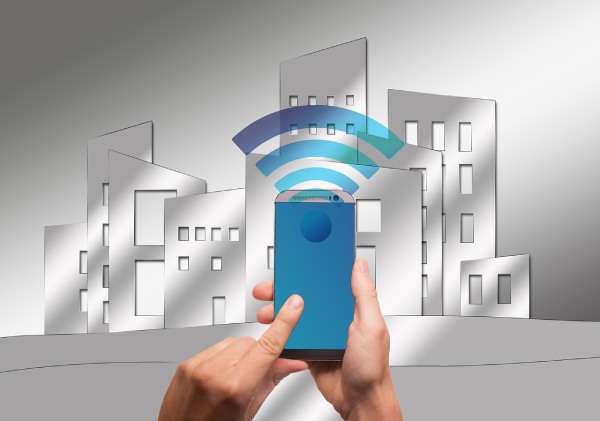
In a smart home, everything is integrated on internet and intranet. The cable TV is connected to the phone which is connected to a computer, which is then connected to the power lines. An irregular network connection is the most common issue that smart device owners may face. The smart cameras dropping the feed and the lights of your living room may fail to turn off. These connectivity issues can be annoying and disruptive. One expects a better wireless router as it works as a backbone to the smart home’s digital integrity. Upgrading router is much needed, as the old one can have some hiccups keeping up with so many smart devices aligned and unified on the network, for which perhaps you may not be somehow well-equipped.
05. Wrong Time Activation in Sensors
Many times, the gadget constantly demands one’s attention for all the wrong reasons. This is especially about security cameras and sensors. These products are not trustworthy always. It can be frustrating to get security alerts on the phone which are false alarms just because of the tree branches moving in front of your windows due to the wind or because of the alert due to the movement of the cat jumping on a furniture unusually. There should be advanced features like human recognition. Artificial intelligence is required to zoom in or send a video clip of the weird activity you should be alert about.
06. Battery Issues in Smart Homes Gadgets
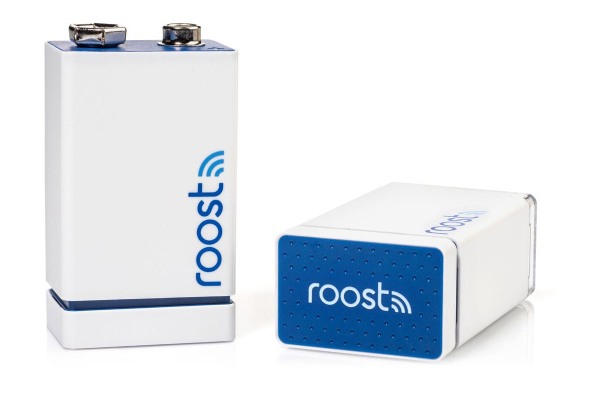
All wireless devices require off and on maintenance. All the door sensors and other low-energy gadgets need fresh batteries at regular intervals. The camera and motion sensors consume hefty battery power and that is also at a faster rate. In fact, a smart home becomes the unsmart one if the smart home gadgets get glitched by a dead battery. The devices have to be in a range of good Wi-Fi signal as the batteries can dry out faster if the gadgets constantly getting sync with the internet connectivity. There are many other operational and maintenance related issues which often confuse the potential buyers about owning a smart home.
07. Security Concerns with Smart Gadgets

Massive security breaches have increased the public concern that the technology of their house can be so vulnerable that it may bring unwanted leaks related to personal information or may result into a compromise in physical safety. No family would like to install an exposed or privacy compromised device into their living space. The increasing number of smart gadgets that are emerging into our homes is creating an increasingly attractive scope for cybercriminals. There is always the possibility that hackers can access internal home cameras using their knowledge of hacking. Thus, one has to be reassured about the security concern when setting up his/her smart home. A good, smart, and robust security hygiene is required when it is about selecting smart devices for a smart home.
08. Data Surveillance
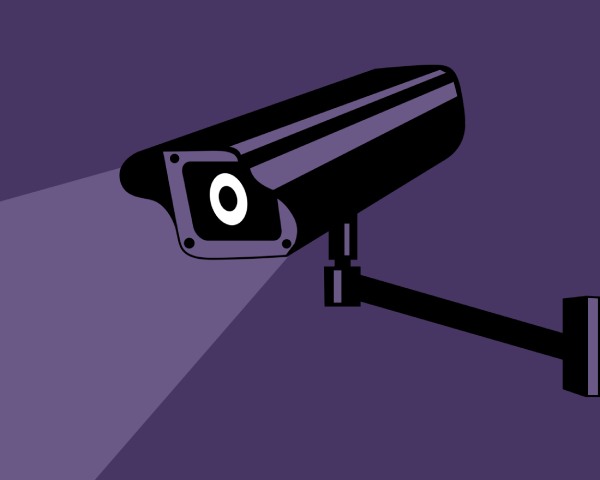
Worrying about autonomy is the same as showing concern for personalization. Tech companies are focusing on tactics as there is an increase in demand for public awareness for data surveillance through smart devices. This is used to get data insights to push the decision-making of the consumers. Check out the best smart home devices to make your home smarter
A Traditional House or a Smart House
The difference between a traditional house and a smart home is like the difference between a night and a day. Mentioned here are some of the advantages and disadvantages of both the types to help you decide.
A Traditional House

Pros:
- Lighting is one of the most important elements in decorating a home as it can directly affect our mood, mental health, and the security of the premise. In a traditional house, natural light is used generally as it enters by clearing the clutter by placing mirrors or painting the room with light colour.
- You can breathe in your garden without the use of an air purifier.
- Traditional houses are typically made of wood or brick that is much cheaper than building a smart home. This makes them more affordable in constructing or buying.
Cons:
- A traditional house can cost a higher maintenance and will need revamping or re-painting occasionally. They are susceptible to termites.
- Traditional houses mostly lack modern elements.
- They are less efficient and sustainable then the smart homes.
A Smart Home
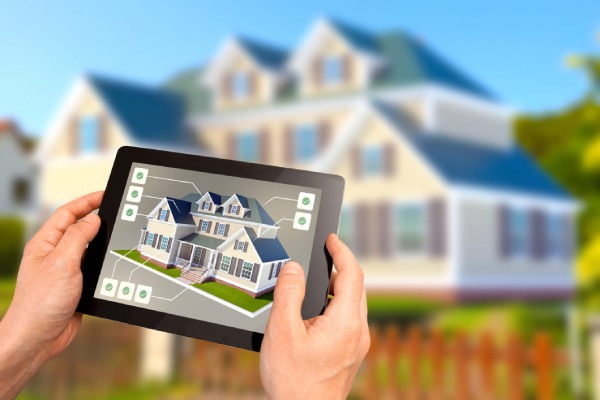
Pros:
- A smart home is easy to manage and more comfortable as the system of the house is aligned to the particular needs of the users.
- Smart homes save energy providing a cost-friendly and environment-friendly model, and the infrastructure and system mostly include surveillance-cameras, alarms, and different motion sensors.
- An investment in a smart home increases the home’s resale value.
If you want to know more about the benefits of smart home technology, here you go:
Cons:
- It can be confusing if the infrastructure is set as too complex: if you have too many devices, they have to be controlled with too many apps, which can be complicated.
- A smart home requires more significant investment, which is not always an affordable option.
- One has to take care of power and internet glitches as this can damage the smart home devices and their intelligent efficiency.
- Before purchasing a smart home device, take a close assessment if it is compatible with the core platform.
Conclusion
It is not that people do not want to buy these smart home gadgets and try home automation, but there are some harsh and inescapable realities of a smart home. A smart home owner expects 100% guarantee for the devices that they have easy-to-access controls that will allow the users to have all the benefits of a smart device and at the same time it is possible interacting with it as a traditional counterpart.
As you decide for your next home upgrade, don’t be scared to integrate it with new technologies into your living space. All the common problems have simple solutions. And before you take a leave, & you are still confused regarding the choice of a smart home, then this below linked article would be helpful to understand the future of a smart home in the next 100 years, here you go:
Knowing about the future of smart homes, if you change your mind and want to know whether smart homes are a good idea to implement in your homes, read here:
Image Courtesy: Image 4
Author Bio
Sai Charan Gundreddi – Sai Charan Gundreddy is an author and a freelance content writing specialist with over 3 years of experience in the field. A writer by day and a reader by night, he is loathe to discuss Hinderer in the third person, but can be persuaded to do so from time to time.


